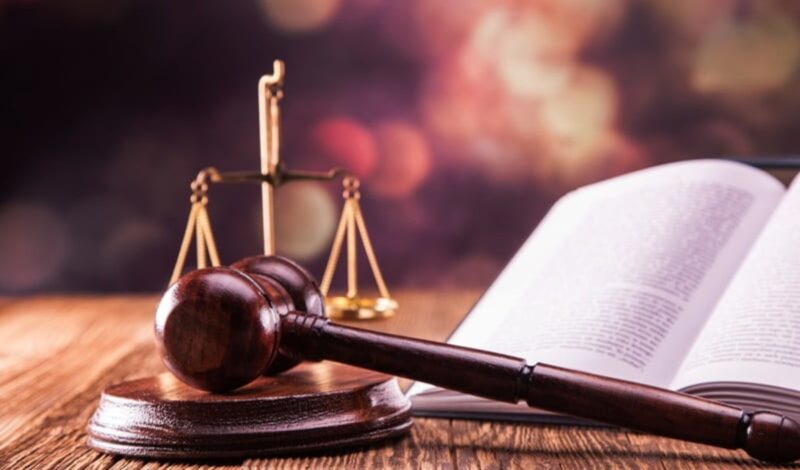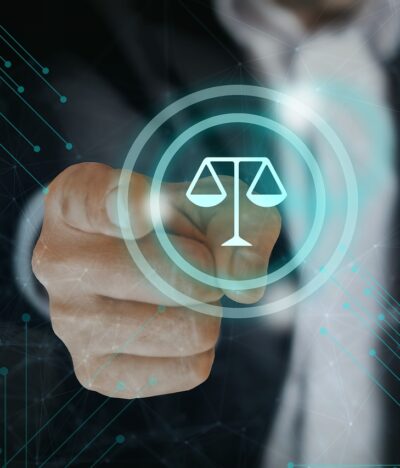Sometimes, one might wonder: where does the law derive its power from? And who grants it the legitimacy to enforce its power? Certainly, the execution mechanisms, which are primarily carried out by the police, also gain their power from controlling various state components such as political, social, and economic aspects. The law plays a crucial role in demonstrating its power through effective enforcement mechanisms, addressing violators and criminals, and ensuring compliance with public order. Non-compliance with the law, as we know, has its own consequences and specific repercussions, such as fines, penalties, and restrictions on freedoms, which have their own effects. Moreover, the law resolves internal and external disputes among individuals and maintains justice within the community.
The strength of laws depends on their democratic source, as well as on their role in regulating individual interactions within society. It possesses immense authority and respect because of its source and overall goals and principles. This article highlights the sources of the law’s power and the factors contributing to its strength, such as legislative authority, judiciary, and effective enforcement mechanisms. Through these interrelated elements, laws can protect society from injustice and oppression, enhance internal stability, and be respected by all segments of society.
Strengthening the power of laws also requires awareness and education about them, fostering trust in the legal system. In democratic societies, the laws must be enacted by elected representatives or through constitutional frameworks involving legislative and judicial bodies. Individual responsibility and community participation in implementing and respecting laws are crucial, as laws should reflect the will of the people and align with societal values and interests, granting them constitutional legitimacy and executive authority.
In summary, the strength of laws depends on the community’s commitment to the values and principles upon which they are based. It highlights the role of legislative, judicial, and executive authorities in enacting and enforcing laws effectively.
Legislative authority plays a crucial role in empowering the law through legislation, its implementation, and the effectiveness of enforcement mechanisms. Achieving these factors involves relevant bodies such as parliaments, congresses, or senates, which issue laws through their official legislative channels. This process includes broad discussions and public consultations, ensuring that laws represent collective decisions and reflect societal values aimed at protecting the community. Judicial rulings and the judiciary’s authority are another source of the law’s power. The law’s authority lies within the judiciary through courts interpreting and applying the law, resolving disputes, and enforcing judicial rulings and penalties on non-compliant individuals. These rulings provide a framework for consistent decision-making, ensuring justice and fairness, and restoring rights to their rightful owners. Here, the role of judges in demonstrating the strength of the law is essential. They are responsible for upholding justice and protecting individuals’ rights within the community.







